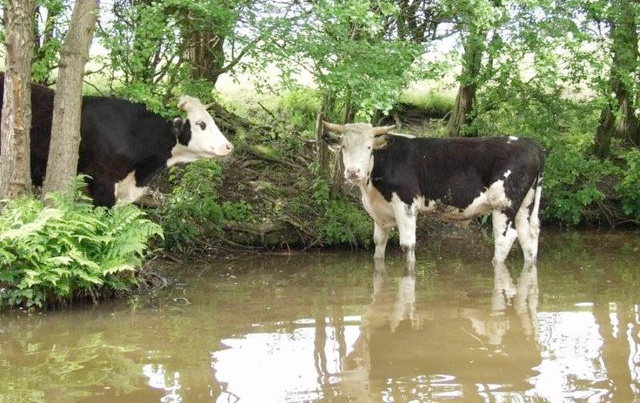
UK and Irish farming unions met this week in Stirling to discuss issues facing the livestock industry.
Representatives from NFU, NFU Cymru, Ulster Farmers Union, Irish Farmers Association and NFU Scotland visited the world famous bull sales at United Auctions and toured the research facilities at Moredun Institute, just outside Edinburgh.
Round the table, the group discussed the beef and sheep market across both Britain and Ireland. There were widespread concerns voiced over the beef price difficulties and representatives called on the meat trade to recognise how current negative short term price signals could impact on longer term producer confidence.
The challenges of CAP reform were also on the agenda with the entire group agreeing that CAP support must underpin productive agriculture.
Northern Ireland, Wales, Republic of Ireland and Scotland all shared the same concerns on the impact of support being delivered on an area based payment. Representatives from England shared their experiences of their move away from the historic basis of support and the importance of getting the payment structures, rates and areas correct from the start to minimise disruption as much as possible to the farming industry.
There was a free and frank exchange of ideas on rural development support arrangements for Pillar 2 and how these could assist both lowland and upland livestock farming. It was a common concern that the use of Areas of Natural Constraint is going to be a challenge in many countries. The group agreed to work together and share ideas in these areas in the future.
A feature of the group’s visit to the Moredun Institute was a presentation and discussion on the Johne’s disease, a devastating condition affecting cattle and sheep. The group appreciated that Johne’s is a complicated disease with no silver bullet and supported further research into the problem. Diseases like Johne’s have no respect of country boundaries so it is vital there is dialogue between the unions on animal health. The group were keen to ensure resources were shared to tackle disease problems more effectively.
Speaking after the meeting, livestock committee chairman Charlie Adam said: “We had a great couple days with some really helpful discussions. Clearly dialogue between our organisations and our livestock sectors is vital as we look for solutions to shared challenges – whether that be in the market place or in animal health issues.”
